Situation/weather: Local authorities have now finalized a cleaning plan of the river El Dorado and its infrastructure. A legal action is being taken also against the farmers upper the river who built illegally internal protection walls which affected and changed the water course. Adjustments will begin after the rainy season in 3 months.
For now, some rains are forecasted during the 2nd and 3rd weeks of January and they will help to boost pastures. This is going to help some mothers to continue to keep their calves and differ a bit the early weaning process.
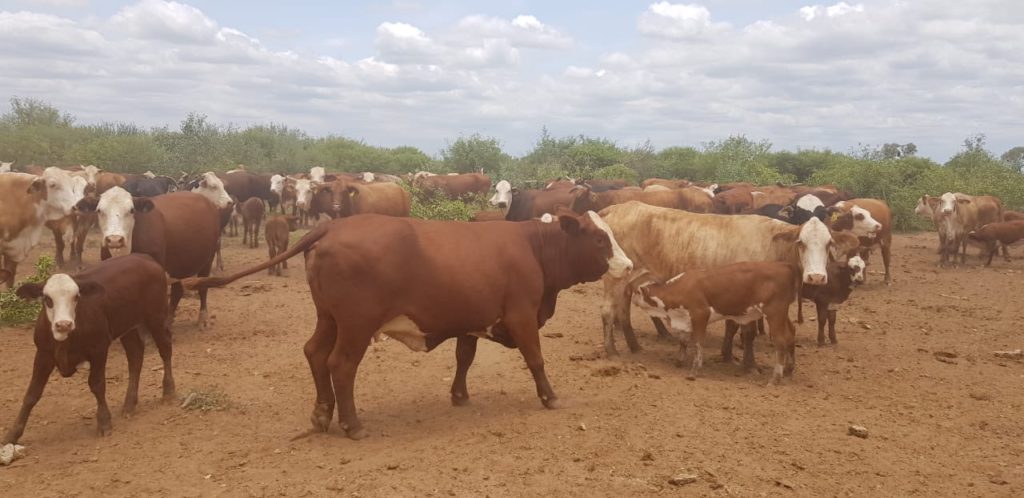
Cattle operation (3,160 heads): We are in the peak period for natural service of the cows (up to mid-February). The cows are in good shape and no ticks; until March, we are in the peak season for many pests and we emphasis sanitary controls during this period as we have 1,500 cows in service (mothers and young calves are the most sensitive categories are they are more fragile and vulnerable).
Heifers 1-2 years old
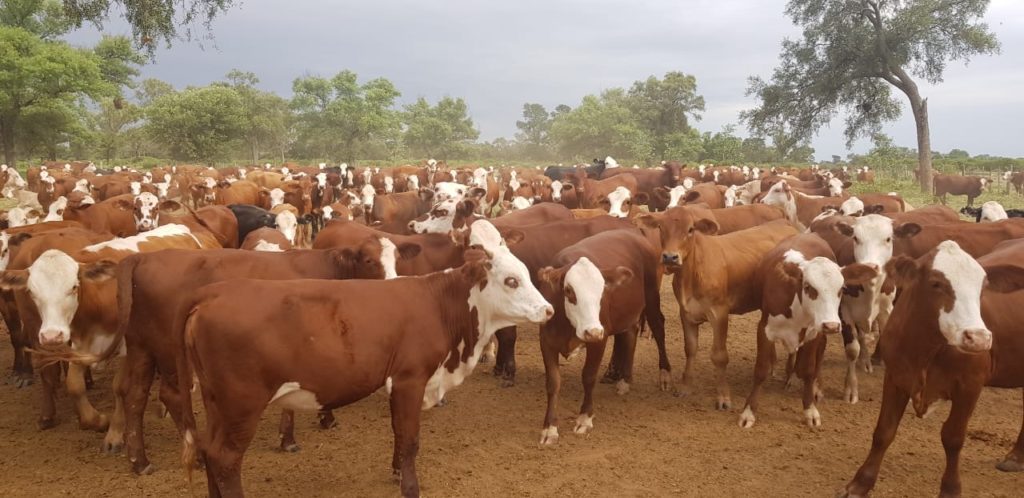
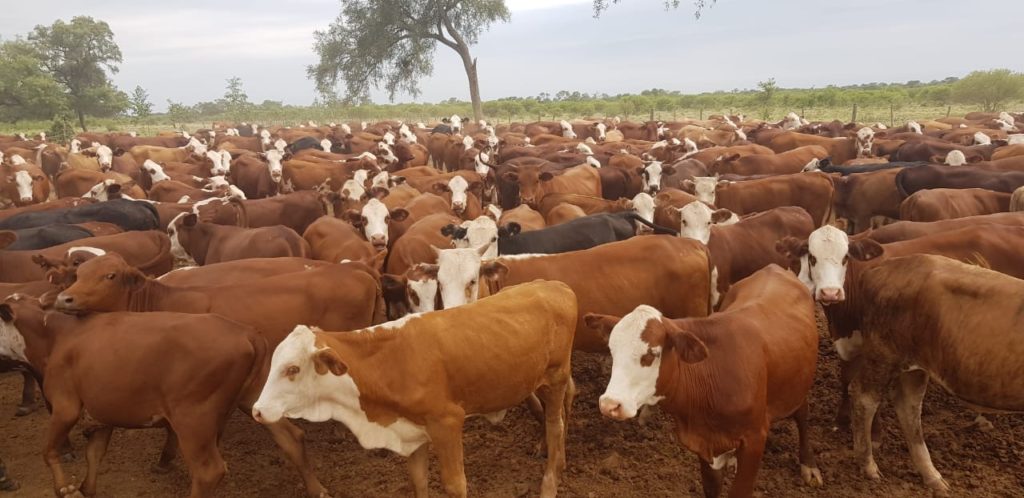
Cows in service with their baby calves
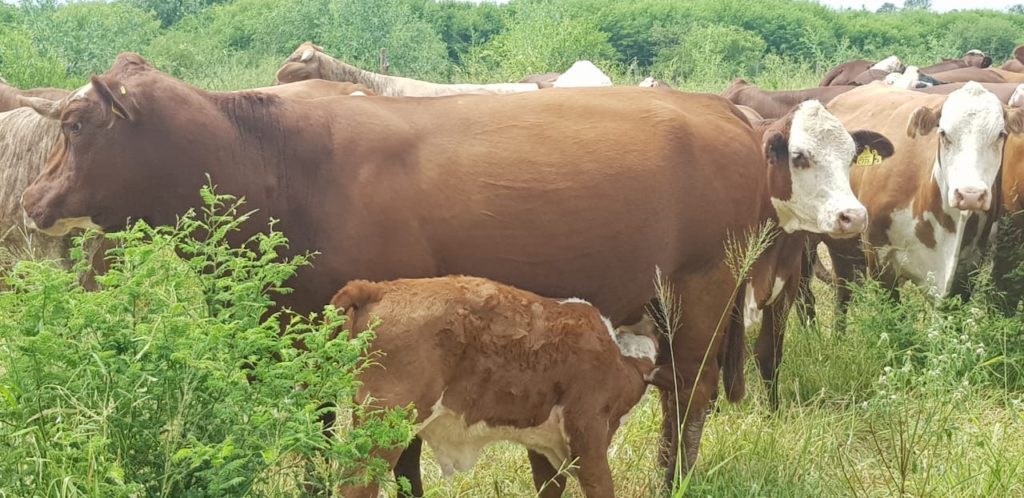
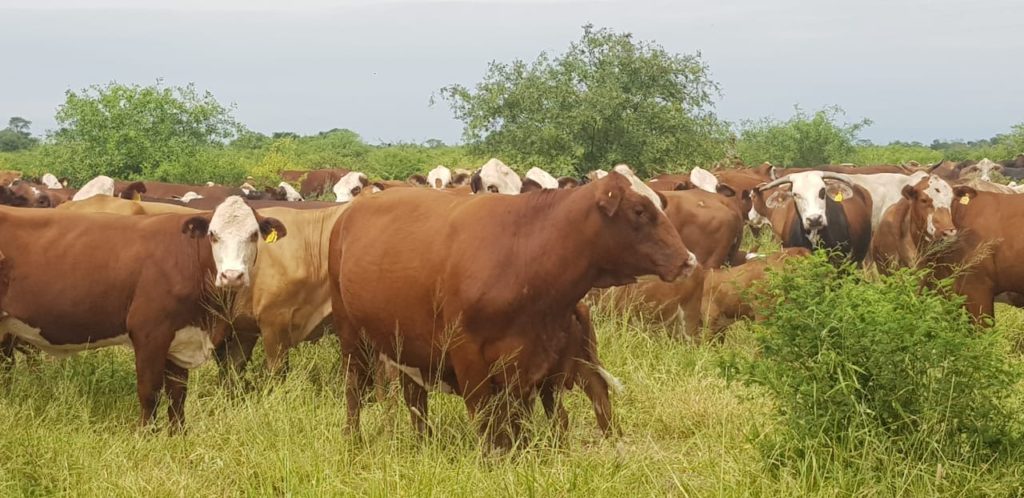
We are also going to take advantage of the recent increase in grain taxation to rebuilding our corn stocks for silage as prices are attractive for us. Corn and wheat for example are now more than double taxed and profit margins are going to be squeezed. That could force farmers out of crop rotation strategies that proliferated in recent years to plant cheaper soybeans instead.

Argentina’s new government has hiked export levies on soybeans, wheat and corn. Rates for soybeans, soyoil and soymeal are 30% from about 25% and corn and wheat to 12% from around 7%. Beef export taxes were raised to 9% from 7%
The nightmare comes true for Argentina’s farmers.
